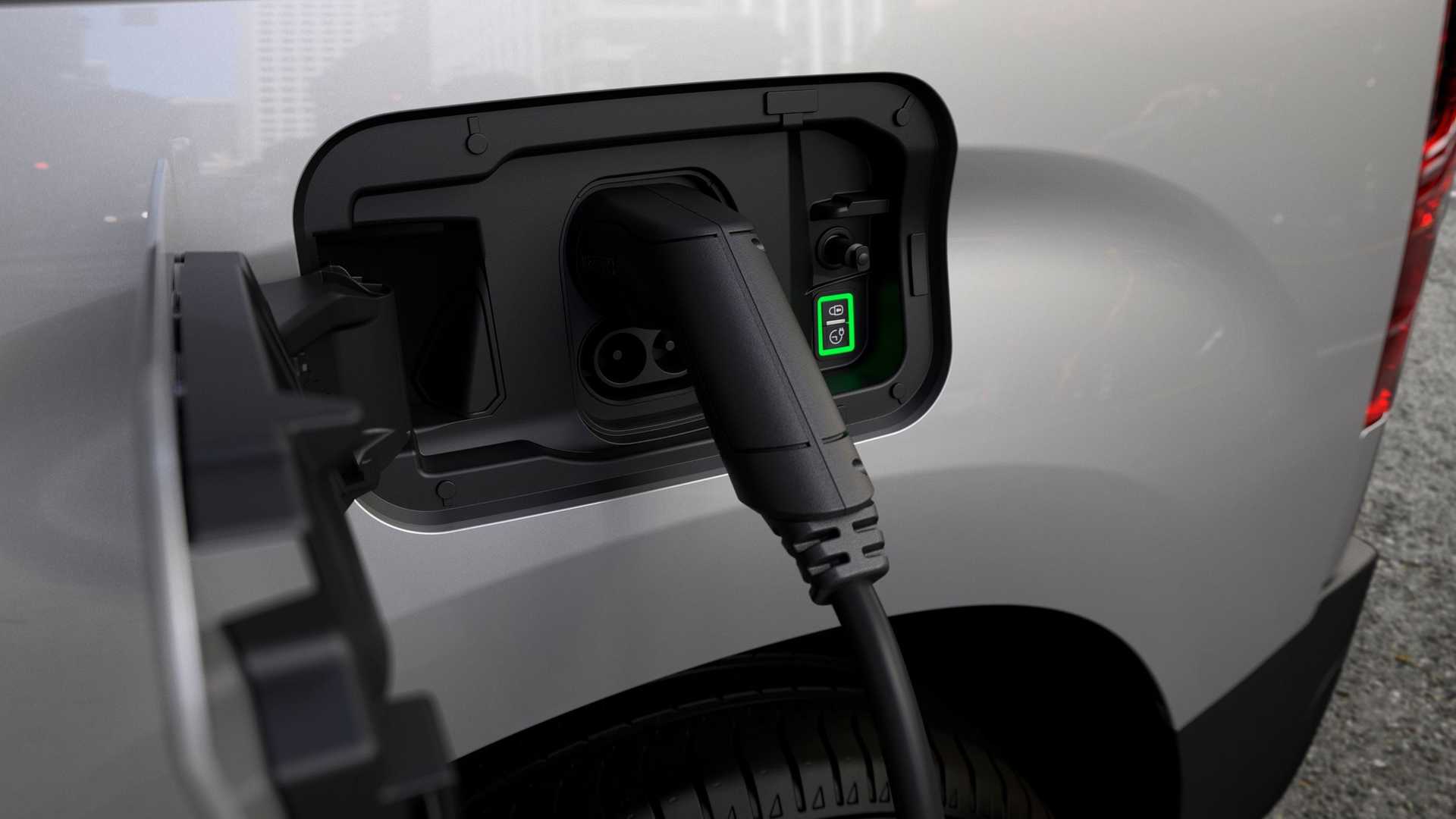Within Europe plans to reduce emissions and achieve the goals set in Paris, it will increase the number of electric cars by 24 for 2030. An ambitious brand that is supposed to increase the substantial number of public refill points. Long since the Federation of the European electrical industry (EURELECTRIC) there has been a quantified number of how many will face this massive development.
The study indicates that by 2030, the European fleet will have grown to 10.5 million vehicles in the truck for 63 million. For that reason, the segment of autobuses has electrified 42% of its fleet, followed by tourism and vans, which has achieved a quota of vehicles in the 17.5% and 12% respectively.
It is assumed that to follow the sales market’s pace, for this to achieve the goals set, the refill network will have to expand quickly.
Of the 213,000 charging points for public electric car existing in Europe, only 14% are fast chargers. According to the studio, an expansion is needed that multiplies the current figure by 13, which supposes that at least three million public charging points will be installed by 2030.
The studio also indicates that Europe will invest 20 billion euros into developing the new general cargo infrastructure and 60 billion euros for the private sector. Also, an additional 25 billion will be required to adapt the electrical distribution network wherever it is needed to meet the increased demand.
Según Serge Colle, EURELECTRIC manager: “Electrifying transport is essential for Europe to fulfill its strict emission goals and to achieve a decarbonized future. The transition of public and private fleets in the first place will continue on the way, creating synergies for the ecosystem of electric mobility below and generating new commercial opportunities. However, achieving this will require a focus centered on the fleet both from the government and the industry and a greater focus on the end customer with a greater variety of vehicles and a perfect cargo experience. No one sector can promote this solo transition: collaboration between all the actors of electric mobility is essential for success”.

